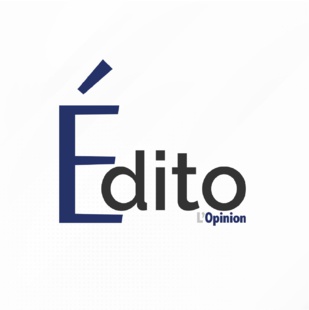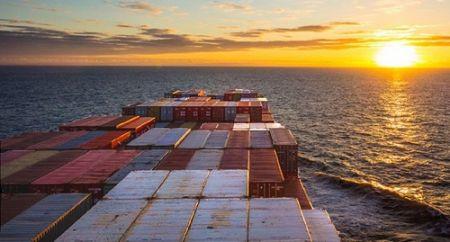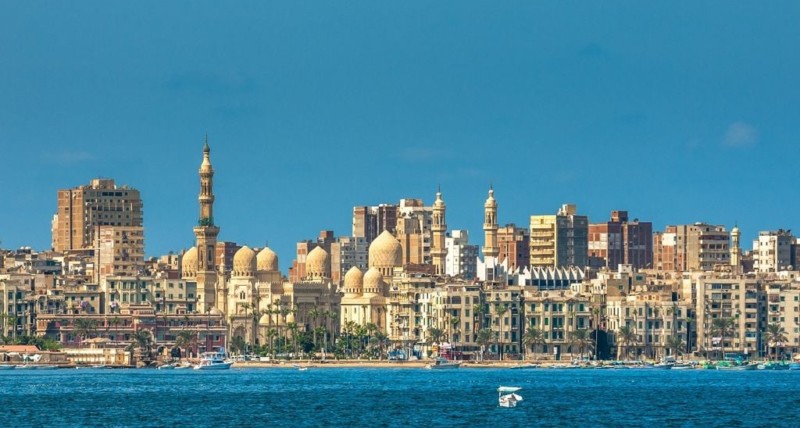A pillar of the national economy, the maritime fishing sector generated 31 billion dirhams in export revenue in 2023, with a volume of 847,000 tons. Socially, this sector, which directly and indirectly employs approximately three million people, sustains hundreds of thousands of Moroccan families. However, it continues to face major challenges, including the preservation of marine ecosystems in the face of overexploitation and climate change.
In this context, the « Seafood 4 Africa 2024 » forum, held in Dakhla from December 4 to 6, is of paramount importance. Organized by the National Federation of Fishery Products Transformation and Valorization Industries (FENIP), this event aims to promote sustainable fisheries cooperation in Africa, with a focus on the blue economy. It brings together over 70 exhibitors, 30 panelists, and 3,000 visitors, providing a platform to exchange best practices and innovations in the sector.
To ensure a sustainable future for maritime fishing, Morocco must strengthen cooperation between various stakeholders: government, researchers, fishermen, and international organizations. The goal is to develop inclusive policies that balance ecological sustainability, social equity, and economic profitability. By adopting responsible management practices today, the Kingdom can ensure that its marine resources will continue to thrive for future generations.
Also focused on its continental depth, the Kingdom aims, through this current edition of Seafood, to inaugurate a space for reflection on Africa’s role in global marine resource management. As a leading African country in the fisheries sector, Morocco seeks to play a central role by encouraging regional cooperation and sharing its best practices. As His Majesty King Mohammed VI emphasized in his speech on the 45th anniversary of the Green March: « This region (the Moroccan Sahara) abundant in resources and potential, both on land and at sea, will thus serve as a bridge and a link between Morocco and its African depth. »
With a clear Royal vision and concerted actions at both the socio-professional and governmental levels, Morocco demonstrates that it is possible to reconcile economic development, social equity, and environmental protection. The challenges are numerous, but so are the opportunities. Hence the importance of initiatives like the one in Dakhla, through which the Kingdom affirms its ambition to become a model in sustainable fishing and the blue economy.
Source : L’opinion




